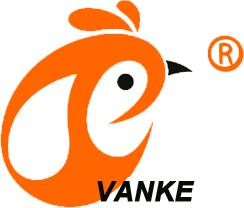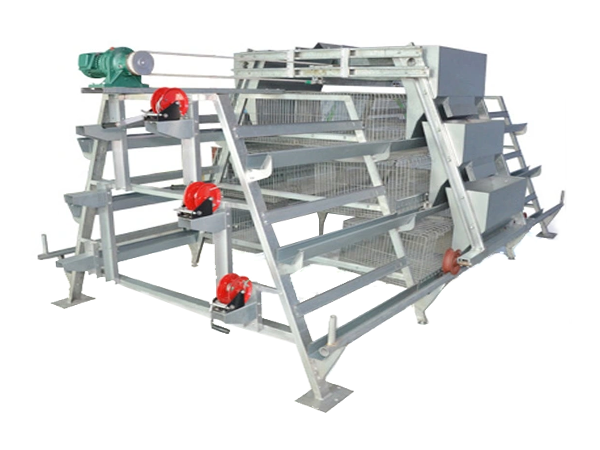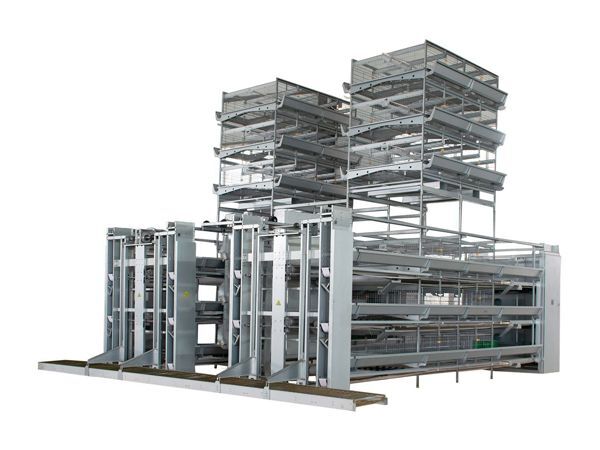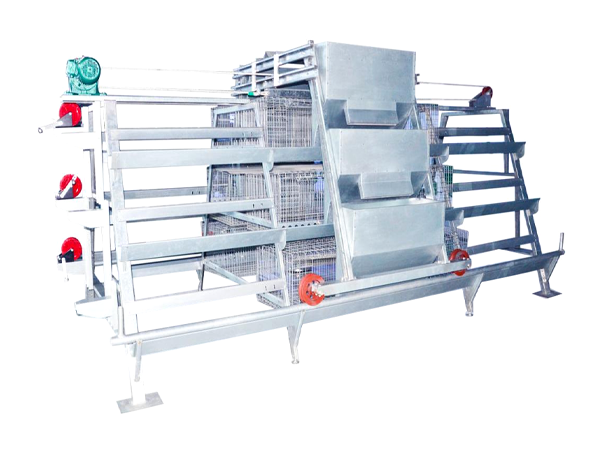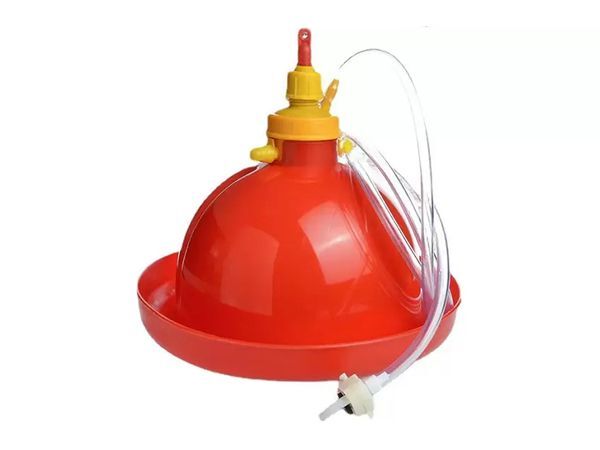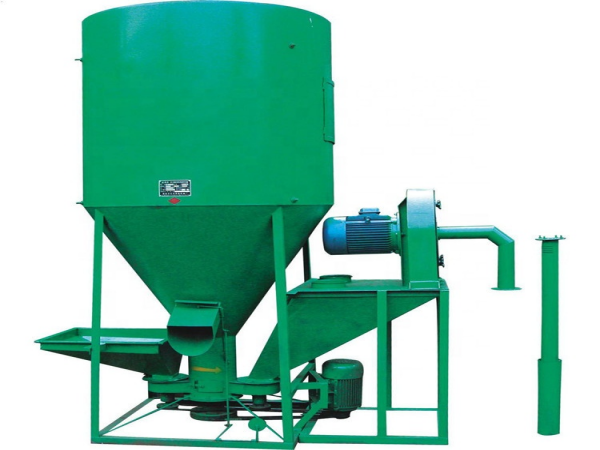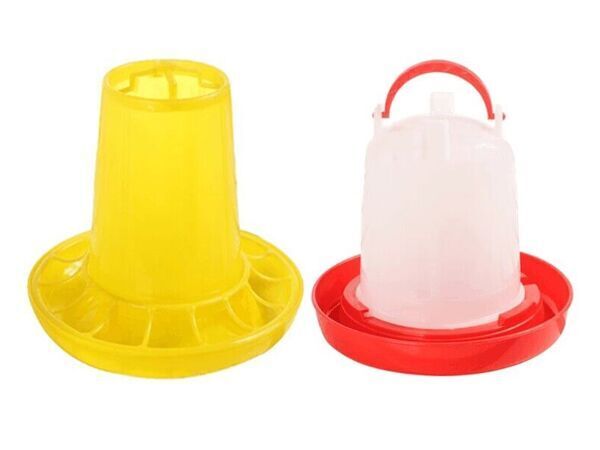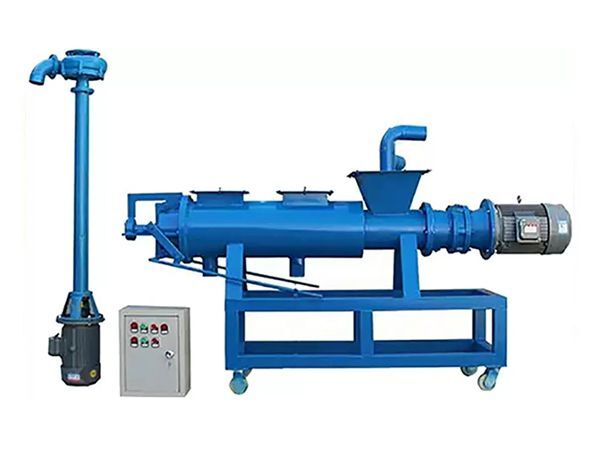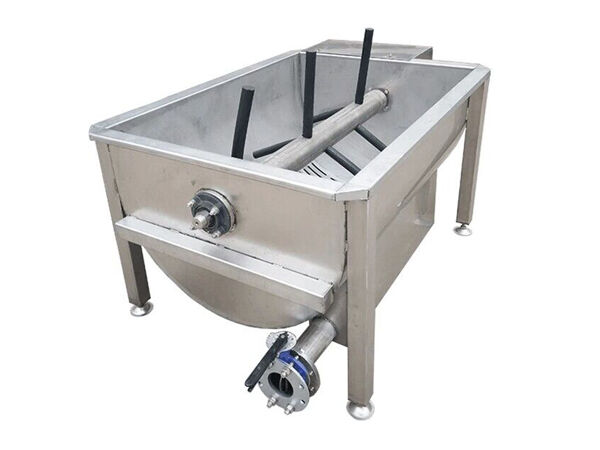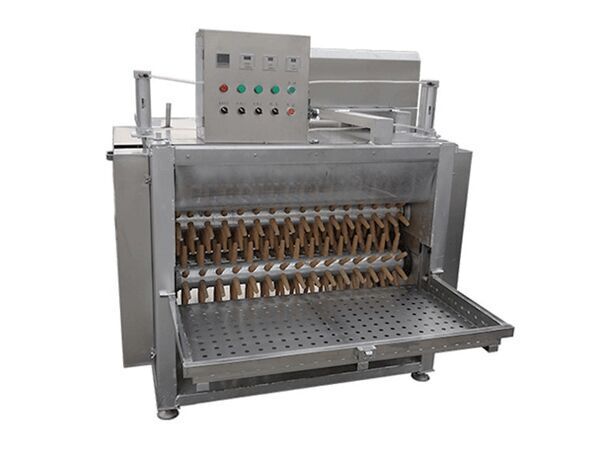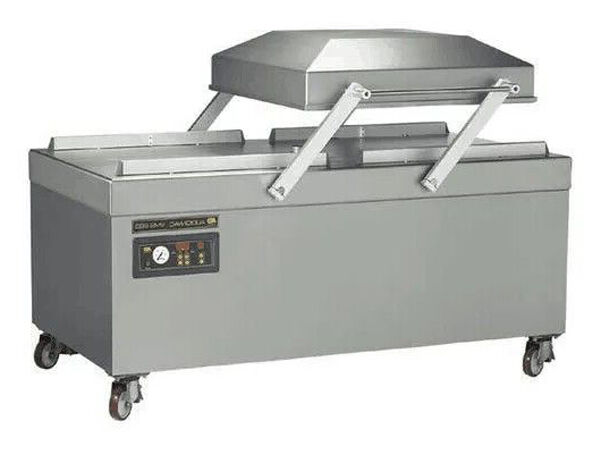
Basic information
Despite numerous advances in the technique and method of rearing poultry birds, there are still few challenges that layer poultry owners face in which feed happens to be a major core challenge. It is therefore important you know these challenges before starting yours so that you will be better informed and equipped. Since the major reason for keeping layers is for egg production, it is therefore expedient that farmers feed the layers with the standard layers diets which will enhance and aid their egg production

Requirements
Provide your hens with the right food and nutrition at the right time. When your hens are mature enough to start regularly producing (18 to 24 weeks depending on breed), you need to make sure that they have the right feed and nutrients to produce eggs suitable for human consumption. Otherwise, your hens' egg production will be poor and their eggs might break before they make it to the table. The proper diet will also ensure that your hens look and feel healthy
Add calcium to the hens’ diet, at the right time. After about 20 weeks, you need to up the amount of calcium you’re giving your laying hens to consume. Laying hens need 2.5% to 3.5% calcium in their feed, which is higher than other chickens. The calcium will help provide the proper nutrients to support healthy eggs. Offer this calcium to your hens separately from their regular feed, so that they can consume it at their own pace. For good sources of calcium, consider
1. Oyster shells
2. Calcium grit
3. Limestone
4. The hens’own eggshells, but only after they have been cooked and thoroughly cleaned. If you choose to offer eggshells, grind them up into a fine powder so that the hens do not recognize what they are eating and decide to try eating their own eggs
5. Feeds with added calcium
We are always happy to support our customers and partners with technical questions, products you may want to learn more, click the name to visit
1. Automatic battery cage for pullet, brooder, layer, chicken parents and broiler
2. Chicken feed mill, manure drying machine and egg collection
3. Deep litter plasson drinker, feeder and broiler slaughtering equipment
4. Other poultry farm equipment...
Bookmark our website and contact us now to making enquiry, visiting to our office and factory and checking the sample...
Precaution
1. Maintain appropriate amounts of protein
You don’t want your laying hens to have too much protein in their diet. While meat hens need 20 to 24% protein in their diet, laying hens only need 16% or less protein. As a result, be alert to the type of feed you buy, and what your hens are consuming. To boost protein, consider
Letting your chicken’s free range for worms, Extra grower feed, Feed that is formulated for laying hens
2. Find some good layer feed
Layer feed is feed that comes with the nutrients that laying hens need to produce healthy eggs. If you don’t want to spend a lot of time overseeing your hens’ diets, consider purchasing a pre mixed layer feed. If you do formulate your own layer feed, make sure that it has the protein (16% or less), and calcium levels (2.5% to 3.5%) to ensure that your eggs will be strong enough to make it to the table
Typical laying hens will consume a quarter of a pound (0.11 kg) of feed a day Provide your hens with all of their food at one time, preferably in the morning Always check feed levels to make sure your chickens have enough feed
3. Maintain a healthy coop
The overall status and quality of your coop is going to impact egg production and will impact your hen's feed consumption. Unhealthy coops are breeding grounds for bacteria and disease, will contaminate your food, sicken your chickens, and potentially lower your egg yield. A few simple steps will prevent such problems. Consider
1. Deep cleaning the coop every month or so. Scrub out the coop with a scrub brush and spray it down with a bird-safe disinfecting spray, such as diluted white vinegar
2. Cleaning up any droppings and rotting feed inside the coop once a week
3. allowing your chickens to roam free a couple of hours a day. Make sure they are safe from any potential predators, however
4. Not overcrowding your coop with too many hens
The recommended size is 4 square feet (0.4 sq. m) per hen for birds that are allowed to free-range, and 10 square feet (1 sq. m) per hen for birds that are confined at all times
Advantages
Layer Poultry farming in Nigeria has a lot of benefits which makes it quite an attractive and lucrative business to venture into. To achieve these benefits, the birds need to be well taken care of. The following are few benefits of starting and owning a larger poultry business in Nigeria
1. Layer poultry farming provides high returns on capital investment within months
2. Low capital investment based on the scale of production you want
3. To be a poultry farmer requires just a little space to start. You can start from your backyard
4. Another great benefit of starting layer poultry farming in Nigeria is the lucrative nature of the business. You get your returns within a short period
5. Minimum equipment is needed and so the cost of maintenance would be low too
6. One great benefit is the high demand for eggs in the country. Many sectors and industries make use of eggs, making the demand high
7. Another beneficial factor is the provision of employment opportunities in various sectors of poultry farming
8. Easy access to loans and funds due to the lucrative nature of the business
9. Returns on investment are quite fast, making the business one a lot of people can't resist but go into. In 5 to 6 months you'd get double your investment capital if done well
Why you should choose our company
1. We offer the best services as regards battery cages
2. Our company products’ quality are incomparable
3. We deliver to time to our customers’ location
4. We have local branches all around the globe
Our services
1. We educate our customers on how to give best diet to their layers
2. We deliver goods directly to customer’s location within 24hours
3. We give accurate guide to poultry beginners
4. We enlighten our customers on how to maintain our products for long lasting use
5. Our company have installer team that install our cages and equipment
6. We have engineers that help our customers to build suitable poultry house
Frequently ask questions
Q: Which method of rearing layers is the best
A: Without any doubt, battery cages remain the best method of rearing layer birds.
Q: Where can I get battery cages in Nigeria
A: Vanke Machinery and Equipment is the number one supplier of battery cage in Nigeria and its environment
Message
Products recommended
 Nigeria-China factory supplying poultry farm equipment and poultry battery cageVanke Machinery & Equipment Nig Ltd was found in 2016.
Nigeria-China factory supplying poultry farm equipment and poultry battery cageVanke Machinery & Equipment Nig Ltd was found in 2016.
1.Products for European design and quality standards, local factory production, 20% discount price to get quality products by combine with our Chinese branch.
2. Provide farm turnkey engineering solutions, quotation, production, installation and long-term maintenance of intelligent farm management systems, poultry equipment and automatic battery cages.
3. Address: After Sinoma Office, 200 Meters Near Danco Filling Station, Lagos/Ibadan Expressway, Lagos State, Nigeria.
4. 24 online Whatsapp NO. : +2348111199996, +8618830120193Read moreGetting price
 Type 1 breeder battery cage (500 to 30,000 birds)The rearing quantity can be increased about 1.5 to 3 times comparing with floor deep litter raising system and be about 1.5 to 4 times less than type 2 in same houseRead moreGetting price
Type 1 breeder battery cage (500 to 30,000 birds)The rearing quantity can be increased about 1.5 to 3 times comparing with floor deep litter raising system and be about 1.5 to 4 times less than type 2 in same houseRead moreGetting price
 Type 2 breeder battery cage (10,000 to 50,000+ birds)The rearing quantity can be increased about 3 to 8 times times comparing with floor deep litter raising system and about 1.5 to 4 times comparing with type 1 in same house and day old egg laying chicken are moved to layer battery cage after growing up to 84 daysRead moreGetting price
Type 2 breeder battery cage (10,000 to 50,000+ birds)The rearing quantity can be increased about 3 to 8 times times comparing with floor deep litter raising system and about 1.5 to 4 times comparing with type 1 in same house and day old egg laying chicken are moved to layer battery cage after growing up to 84 daysRead moreGetting price
 Type 1 layer battery cage (500 to 30,000 birds)Chicken drop manure to the manure belt under the last tier of layer cage bottom mesh
Type 1 layer battery cage (500 to 30,000 birds)Chicken drop manure to the manure belt under the last tier of layer cage bottom mesh
The belt transfer manure to terminal lateral conveyor belt with scraper in the end of every row of layer cages inside of chicken houseRead moreGetting price
 Type 2 layer battery cage (10,000 to 50,000+ birds)It is combined with egg collection belts Italian technology and terminal egg conveyor lifting system and egg conveyor system
Type 2 layer battery cage (10,000 to 50,000+ birds)It is combined with egg collection belts Italian technology and terminal egg conveyor lifting system and egg conveyor system
Chicken drop eggs to bottom layer cage mesh and egg rolls to egg beltRead moreGetting price
 Type 3 layer battery cage (50,000 to 100,000+ birds)The layer cage mesh is made of zinc aluminum alloy or hot galvanized wire
Type 3 layer battery cage (50,000 to 100,000+ birds)The layer cage mesh is made of zinc aluminum alloy or hot galvanized wire
Which has a smooth surface to protect the chicken feet without hurtRead moreGetting price
 Type 1 broiler battery cage (500 to 30,000 birds)It is fully automatic with automatic drinking and feeding and manure removal system
Type 1 broiler battery cage (500 to 30,000 birds)It is fully automatic with automatic drinking and feeding and manure removal system
Broiler cage system is with automatic drinking systemRead moreGetting price
 Type 2 broiler battery cage (30,000+ birds)The feeding system can meet the needs of different ages
Type 2 broiler battery cage (30,000+ birds)The feeding system can meet the needs of different ages
When the chicken cages transferred into the chicken cage and the feed pan will be opened on the floor in 360 degree overflow device that the chickens can eat easilyRead moreGetting price
 Bell plasson drinkerOur service are from design schemes of turnkey poultry farm project and product introduction and offer quotation and delivery and installation instruction and equipment maintenance to farm instruction and so onRead moreGetting price
Bell plasson drinkerOur service are from design schemes of turnkey poultry farm project and product introduction and offer quotation and delivery and installation instruction and equipment maintenance to farm instruction and so onRead moreGetting price
 Feeding trolleyFeed are evenly to add chicken cage feeding trough from the feed pipe by sucking feed from hopper with motorRead moreGetting price
Feeding trolleyFeed are evenly to add chicken cage feeding trough from the feed pipe by sucking feed from hopper with motorRead moreGetting price
 Common feed millFeed mill is professional in producing fodder for chicken and ducks and rabbits and pigs and cows and so on
Common feed millFeed mill is professional in producing fodder for chicken and ducks and rabbits and pigs and cows and so on
The material is grain and corn and soybean and so onRead moreGetting price
 Ground feeder and drinkerIt is to rearing 1 day to 84 days old close adult egg laying chicken and day old egg laying chicken are moved to layer battery cage after growing up to 84 daysRead moreGetting price
Ground feeder and drinkerIt is to rearing 1 day to 84 days old close adult egg laying chicken and day old egg laying chicken are moved to layer battery cage after growing up to 84 daysRead moreGetting price
 Feed pellet machineFeed pellet machine are also named feed pelletizer and chicken feed machine and animal feed pellet machine and animal feed hammer mill and animal feed puffed pellet machine and chicken feed making machineRead moreGetting price
Feed pellet machineFeed pellet machine are also named feed pelletizer and chicken feed machine and animal feed pellet machine and animal feed hammer mill and animal feed puffed pellet machine and chicken feed making machineRead moreGetting price
 Egg incubator machineOur service are from design schemes of turnkey poultry farm project and product introduction and offer quotation and delivery and installation instruction and equipment maintenance to farm instruction and so onRead moreGetting price
Egg incubator machineOur service are from design schemes of turnkey poultry farm project and product introduction and offer quotation and delivery and installation instruction and equipment maintenance to farm instruction and so onRead moreGetting price
 Scraper manure removal systemThe manure scraper will go from the beginning of the hollow to the end
Scraper manure removal systemThe manure scraper will go from the beginning of the hollow to the end
One set is working for 2 rows or 3 rows of chicken cageRead moreGetting price
 Manure drying machineOur service are from design schemes of turnkey poultry farm project and product introduction and offer quotation and delivery and installation instruction and equipment maintenance and to farm instruction and so onRead moreGetting price
Manure drying machineOur service are from design schemes of turnkey poultry farm project and product introduction and offer quotation and delivery and installation instruction and equipment maintenance and to farm instruction and so onRead moreGetting price
 Scalding machineOur service are from design schemes of turnkey poultry farm project and product introduction and offer quotation and delivery and installation instruction and equipment maintenance to farm instruction and so onRead moreGetting price
Scalding machineOur service are from design schemes of turnkey poultry farm project and product introduction and offer quotation and delivery and installation instruction and equipment maintenance to farm instruction and so onRead moreGetting price
 Common defeather machineOur service are from design schemes of turnkey poultry farm project and product introduction and offer quotation and delivery and installation instruction and equipment maintenance to farm instruction and so onRead moreGetting price
Common defeather machineOur service are from design schemes of turnkey poultry farm project and product introduction and offer quotation and delivery and installation instruction and equipment maintenance to farm instruction and so onRead moreGetting price
 Vacuum packing machineOur service are from design schemes of turnkey poultry farm project and product introduction and offer quotation and delivery and installation instruction and equipment maintenance to farm instruction and so onRead moreGetting price
Vacuum packing machineOur service are from design schemes of turnkey poultry farm project and product introduction and offer quotation and delivery and installation instruction and equipment maintenance to farm instruction and so onRead moreGetting price
 Ventilation control systemThe fans in front of the chicken house suck the fresh air and water in pads to the end of the chicken house
Ventilation control systemThe fans in front of the chicken house suck the fresh air and water in pads to the end of the chicken house
Sidewall windows are changing air and both air and water go through the whole chicken houseRead moreGetting price
Contact
By clicking 'Allow All', you agree to the storage of cookies on your device to enhance site navigation, analyze site usage and assist with our marketing efforts.
